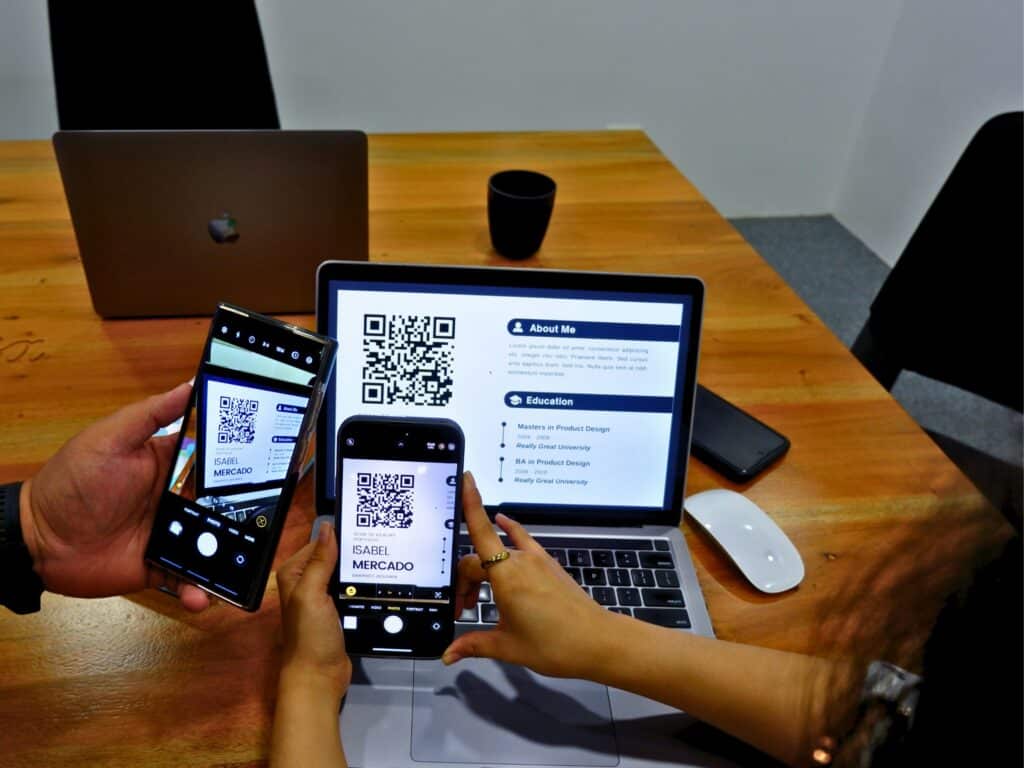The purpose of having a ‘day’ marking or celebrating something is, at least in part, to encourage people to think more and talk more about the issues, opportunities, and challenges around that topic.
Change happens faster and faster these days, especially in the context of technological developments.
So, with yesterday being International HR Day, taking a moment to reflect on the role of HR and what the future may look like is more than a ‘nice to have’; it’s essential.
This year’s theme is ‘HR shaping the new future’, and it’s true to say that HR will shape the future just as it shapes the present.
Having the right people doing the right jobs is not only healthy for the economy but also good for us as individuals. The workplace is a significant element of our lives, and most of us want to do work that feels worthwhile, valued, and doing something that makes a positive contribution.
Looking back, revolutions spanned decades, allowing for social, cultural, political, and legal adjustment. The speed of change today means that it’s more important than ever to frame all these discussions around the values, rights, freedoms, and protections we want for ourselves and not simply treat them as legal questions.
One of the most critical elements of HR is connecting to, communicating with, and supporting each other.
The clue is in the title: HR = human resources.
The recent shift in terminology cements this even further, with HR turning into People and Culture. Conversing with the next, new, and shiny version of ChatGPT may be fun, but it’s not the same as sitting across the table from a fellow human being and having a chat.
Going back to this year’s theme, ‘HR shaping the new future’, there are also four sub-themes:
- Ethical use of technology and AI
- Future workplaces
- People leadership
- Continued innovation in skills and education
It’s impossible to discuss HR or the future without understanding how technologies are impacting us.
It’s unsurprising that AI crops up as a sub-theme – it does seem to be everywhere lately! But the fact that ethical use of technology and AI is number one on the list is welcome because it’s the lens we need to use and look at everything else, including the other sub-themes:
‘Future workplaces’ will be impacted by technologies.
‘People leadership’ will be impacted by technologies.
‘Innovation in skills and education’ will be impacted by technologies.
Are you noticing a trend here?
There’s been much public discussion in recent months about the impact of AI on all areas of our lives, particularly jobs. It’s nothing new for technological advancements to impact workplaces. What’s different now is the speed and scale of these advancements.
At the end of 2022, OpenAI introduced the world to ChatGPT. Within a week, it attracted one million users and, within two months, broke previous ‘onboarding’ records by reaching 100 million users.
The latest statistics show that ChatGPT-4 has around 180 million users and 1.6 billion visits per month, and OpenAI’s CEO Sam Altman boasts of adding 100 million users each week.
Around the same time, lawmakers started motions to create AI frameworks.
In 2020, the European Council first set its sights on establishing a legal framework for AI, and in March this year, the European Parliament formally adopted the EU Artificial Intelligence Act (AI Act) with a two-year implementation plan.
It’s really worth letting those two contrasting stories sink in because they do, in my opinion, get to the heart of why a discussion about ethics has to be front and centre:
Technology doesn’t hang around waiting for laws to catch up.
There are very few professions that are not reliant upon, impacted by, or connected to technologies, and we are all understandably drawn to the shiny new tech. But, what is an organisation if not a group of individual humans, each with different skills, ambitions, values, pressures, hopes, and fears?
We neglect the human element at our peril.
A Chatbot can do lots of things. It can give us encyclopaedic knowledge in the blink of an eye, but do we really want it to interview a graduate or support an employee returning to work?
This is not a question of technology OR humans. It’s a question of being really clear about what technology does well and what it does less well. There is sometimes a narrative about technologies that the trajectory is already set, and we are simply the passengers. But nothing could be further than the truth.
The trajectory is not set, and we must start taking responsibility as the crew. Each one of us shapes the future of HR through our actions and decisions every day.
These conversations are most pressing where we interact with and impact others. HR is, by definition, all about humans, so these conversations must be grounded in ethics, values, and humanity.
AI is good at recognising patterns, but wisdom cannot be delegated to machines.
Mark Coeckelbergh




